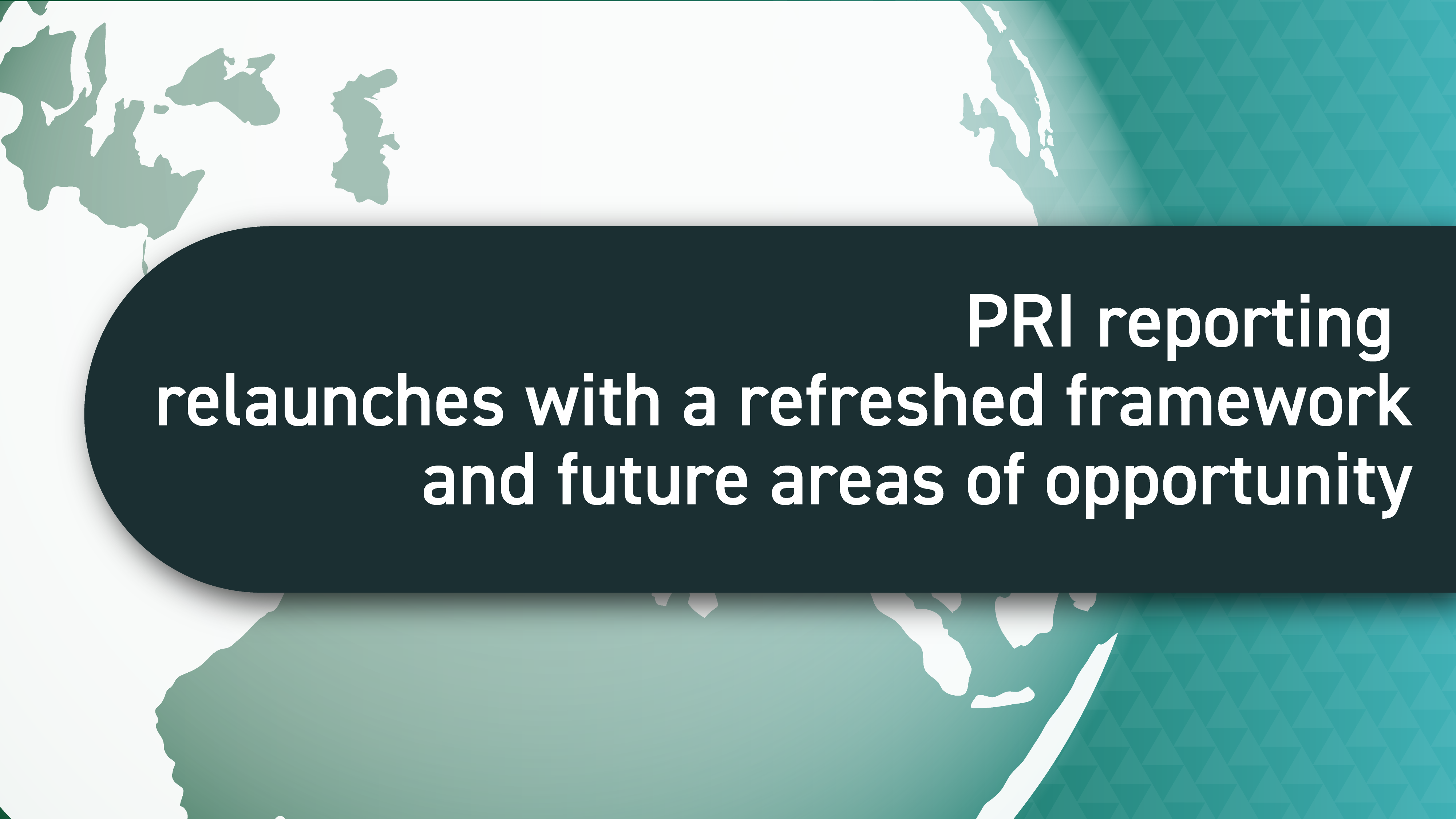
The Principles for Responsible Investment (PRI) is currently the most widely used reporting framework for incorporating ESG principles and actions in investment activities. With approximately 5,381 signatories and a growth of +150% in only five years, PRI is now entrenched in the financial services industry. And in a welcome development, private equity is also embracing PRI, now counting 633 private equity signatories and clear signs of growing interest amongst both large private equity and smaller venture funds.
While being a PRI signatory can certainly be a challenging undertaking, particularly for venture funds and other smaller financial institutions, the benefits of PRI are becoming clearer:
- With more financial institutions signing up to PRI, a network effect is starting to take hold. This network effect will drive an acceleration of signatories’ partners joining PRI, bringing new and smaller financial services firms into the PRI universe. This will likely have the added benefit of an continued improvement in the signatory experience as a much larger signatory base pushes for a seamless reporting experience, including interoperability with other sustainability frameworks.
- With an increased focus on sustainability risks in various jurisdictions around the world (i.e. EU, Japan, and US), PRI enables financial institutions to put in place or shore up their sustainability risk management systems.
- Successful reporting to PRI also requires engagement between signatories and their stakeholders. This is particularly the case with any investment partners and, especially, portfolio companies. The PRI process provides a helpful trigger in investors’ efforts to facilitate periodic and robust ESG-oriented engagement with their portfolio companies.
The last two years have, however, been quiet for PRI as the PRI team revamped its reporting framework and online tool. Released in early 2023, the new framework incorporates input from 1,700 signatories and aims to address previously flagged issues through:
- Improving clarity and minimizing ambiguity.
- Improving consistency and applicability in a new reporting environment that requires. interoperability with other widely recognized sustainability frameworks (i.e. TCFD, TNFD)
- Reducing the reporting effort through less granularity of data required, fewer indicators, and a simpler indicator structure.
Has the new framework achieved its aims? While the answer to that question will become clearer once the current reporting period closes this fall, we have a few observations on the revamped framework having recently completed the reporting process. Firstly, it is an important development that there’s now an increased focus on climate related disclosures and clear alignment with TCFD. This is particularly important as TCFD has emerged as the commonly agreed global standard for climate disclosures by organizations of all types and sizes. In addition, human rights also figures more prominently than previously. This is a key development as this topic has largely been ignored by investors, despite their efforts to embrace responsible investment principles.
There remain, however, some areas we hope that PRI will further develop in the future, including incorporating more biodiversity elements, giving signatories the opportunity to provide more supporting evidence, such as deeper context and real world examples, and increasing mandatory reporting requirements around sustainability outcomes. We fully anticipate that with a growing shift in focus from basic ESG reporting to double materiality and impact, sustainability outcomes will eventually become the central focus for both investors and investees. Another topic that is not yet mandatory in the framework that will likely receive greater attention overtime is the incorporation of sustainability risk and opportunity when valuing potential investments (both companies and projects). Incorporating this approach will be quite difficult for investors to do quantitatively, however, it captures the underlying assumption of responsible investing; namely that potential investments that incorporate ESG elements or have sustainability-focused business models will be more valuable over time and, as result, merit a higher valuation.
Well established as the leading framework for responsible investing within the financial services sector, it is encouraging that PRI continues to refine its approach and accelerate its outreach to increasingly important signatory groups such as venture capital. As PRI continues to grow, globally reporting standards are agreed (i.e. ISSB), and sustainability evolves from standard reporting to outcomes, we anticipate that PRI will continue to make adjustments to both improve signatories’ reporting experience and better align with most pertinent future areas of focus for sustainability.